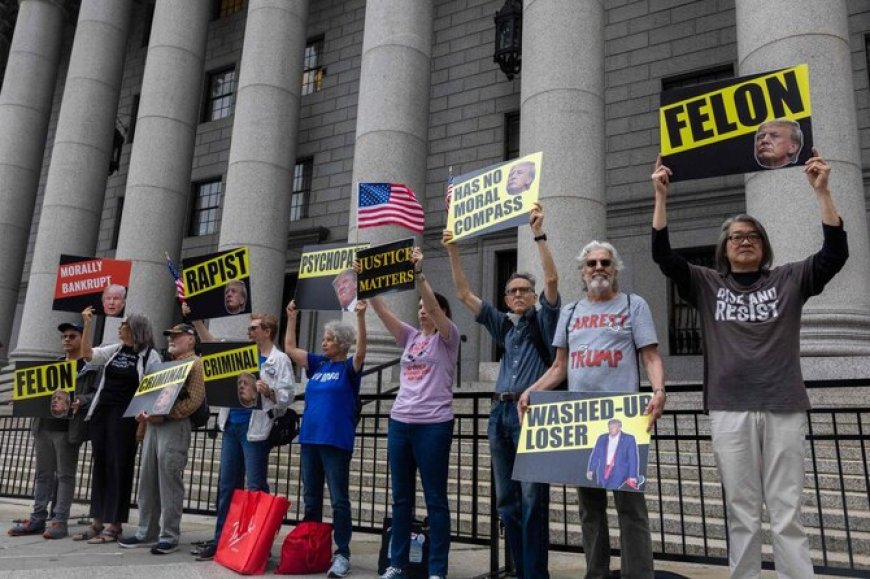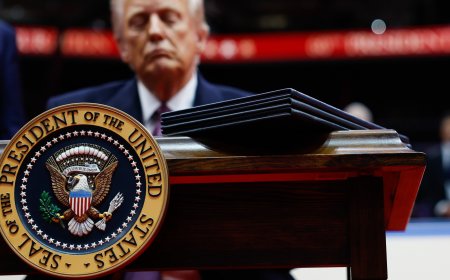Judge Postpones Trump Sentencing in Hush Money Case Until After Election

In a significant legal development, a New York judge has delayed the sentencing of former President Donald Trump in his hush money case until after the November 2024 presidential election. The sentencing had initially been scheduled for September 18, just seven weeks before Election Day, but was postponed following requests from Trump's legal team.
Judge Juan M. Merchan, overseeing the case, granted the delay to avoid any perception that the sentencing might interfere with the election process. In his ruling, Merchan stated, “The Court is a fair, impartial, and apolitical institution,” emphasizing that postponing the sentencing to November 26—after the election results are finalized—was necessary to ensure judicial impartiality.
Defense Push for Delay
Trump’s lawyers petitioned for the delay on multiple fronts, arguing that sentencing the former president during his active campaign would amount to election interference. The case revolves around Trump's May conviction on 34 counts of falsifying business records, stemming from a $130,000 hush money payment made to adult film actress Stormy Daniels before the 2016 presidential election. Trump has consistently denied the allegations, maintaining that the payments were for legal services and that the prosecution was politically motivated.
The decision to delay sentencing comes as Trump’s lawyers continue to push for the case to be dismissed entirely, citing a US Supreme Court ruling on presidential immunity. The defense argues that the ruling, which limits prosecutions of former presidents for official acts, should lead to the reversal of Trump’s conviction. Merchan has delayed his decision on this matter until November 12.
Election Context and Legal Implications
The case has become a focal point in Trump’s 2024 campaign, where he is vying to return to the White House. His lawyers have argued that proceeding with sentencing so close to the election would distract from his campaign and complicate his ability to appeal. The former president has described the legal proceedings as part of a "witch hunt" orchestrated by political opponents.
While Trump’s legal team continues to push for the case to be dismissed, they are also preparing for potential appeals if Merchan rules against them. Any appeal, however, cannot be filed until after sentencing.
Trump's conviction, the first ever for a former US president, has become a point of contention in the political arena. His Democratic opponents, including President Joe Biden and Vice President Kamala Harris, have highlighted the conviction in their campaigns, using it to frame Trump as unfit for office. Democrats at the party’s convention in Chicago last month repeatedly referenced Trump’s legal troubles, with some calling him a "career criminal."
Political and Legal Battle
With Election Day set for November 5, the delayed sentencing provides Trump with a crucial window to focus on his campaign, free from immediate legal ramifications. However, the case remains a significant political issue, particularly as early voting in some states is expected to begin just days before the original sentencing date.
The Manhattan district attorney's office, which brought the case against Trump, deferred to the court’s decision on the sentencing delay. Trump's legal team is also pursuing a separate appeal of a federal court's rejection of their request to move the case to a federal venue, where they hoped to challenge the verdict on immunity grounds.
Despite the delay in sentencing, Trump still faces potential penalties ranging from probation to a maximum of four years in prison.













































